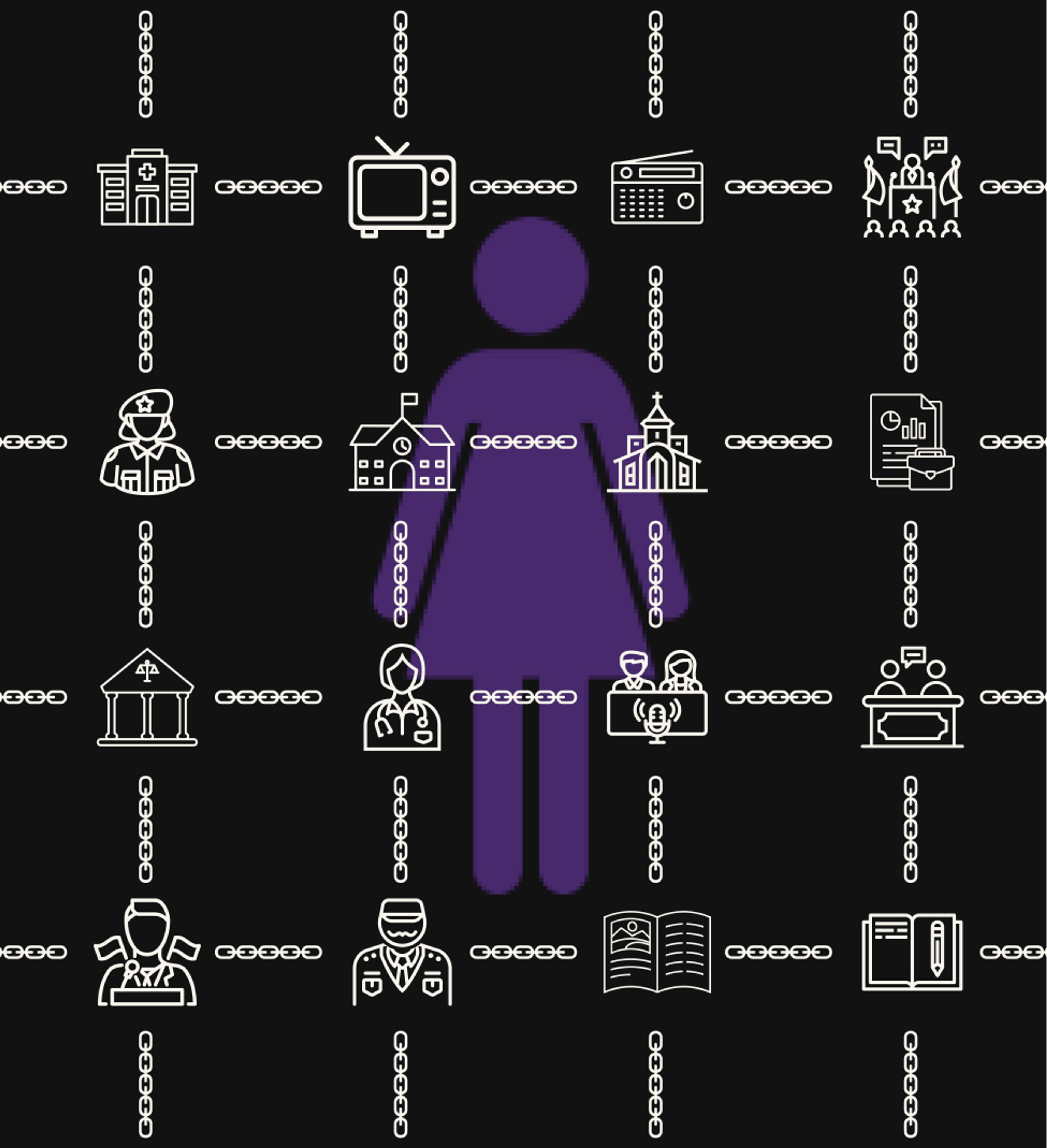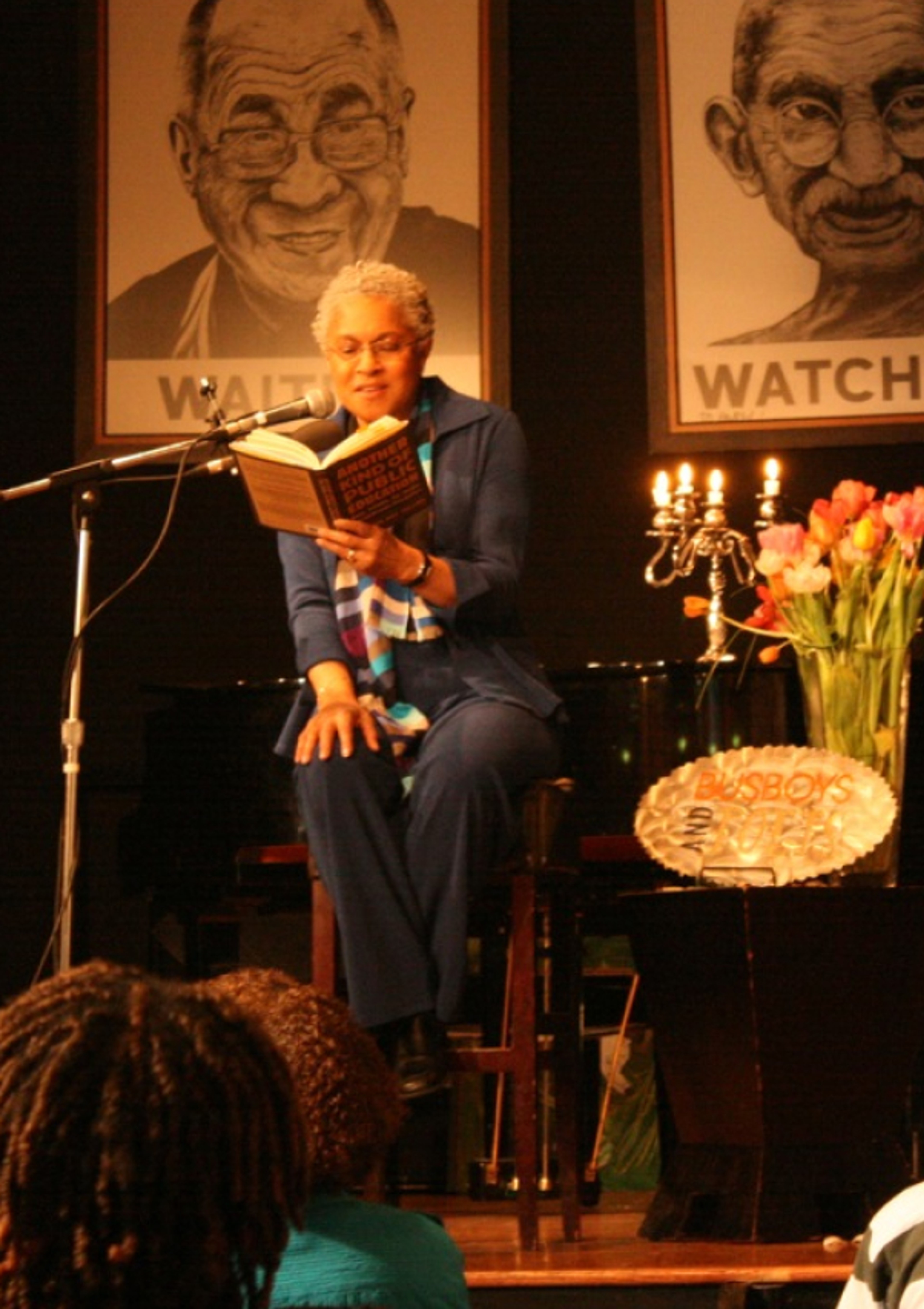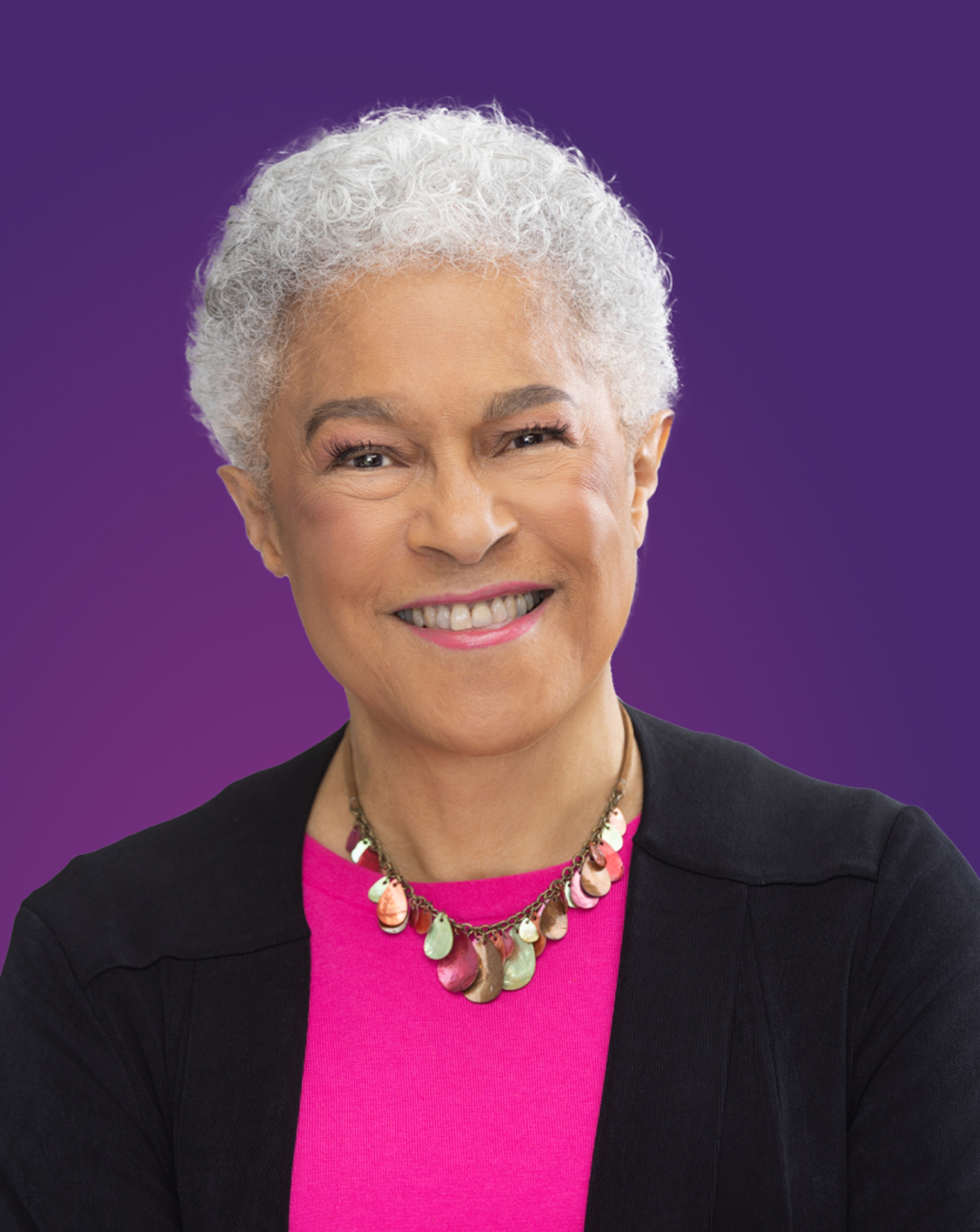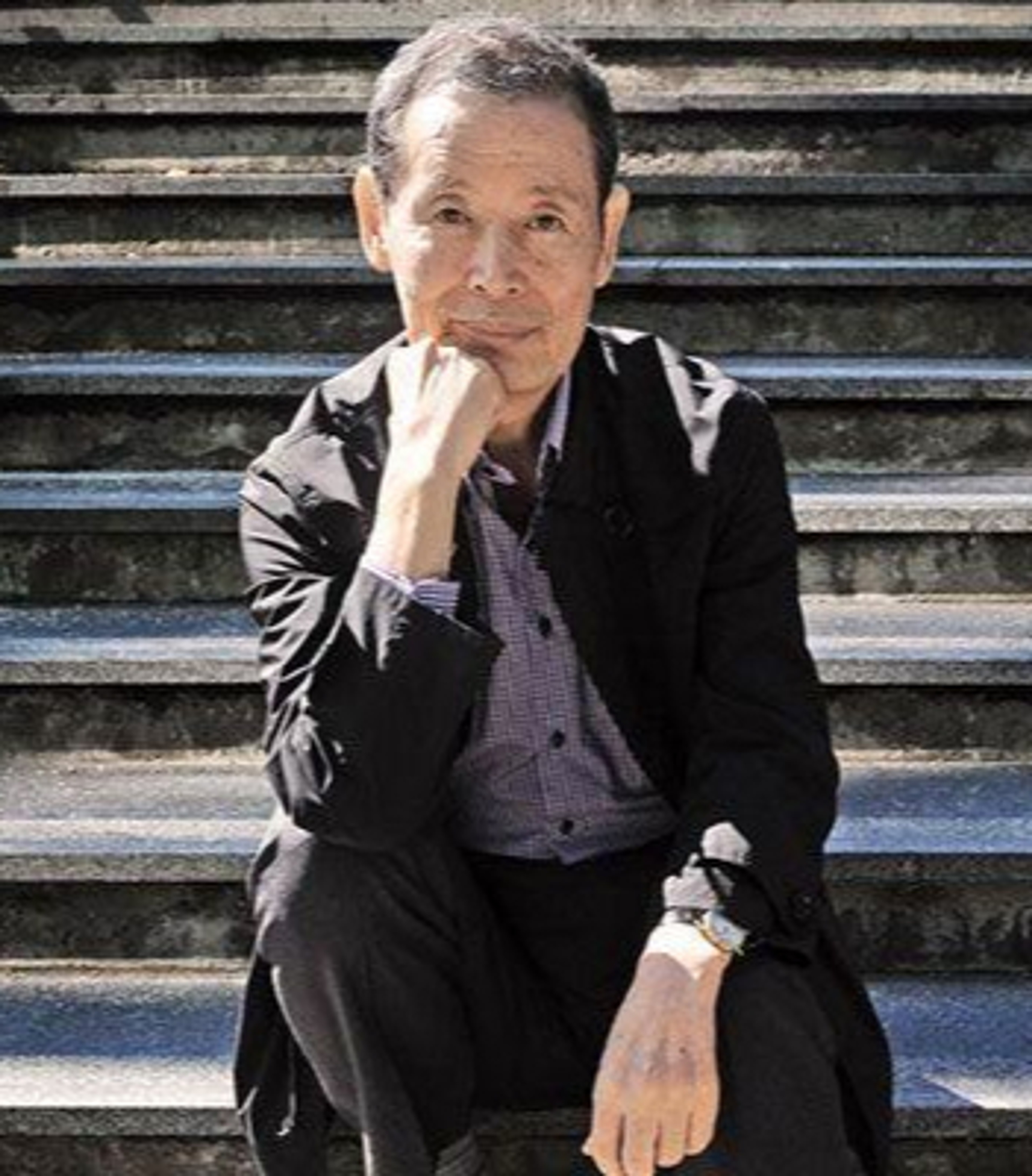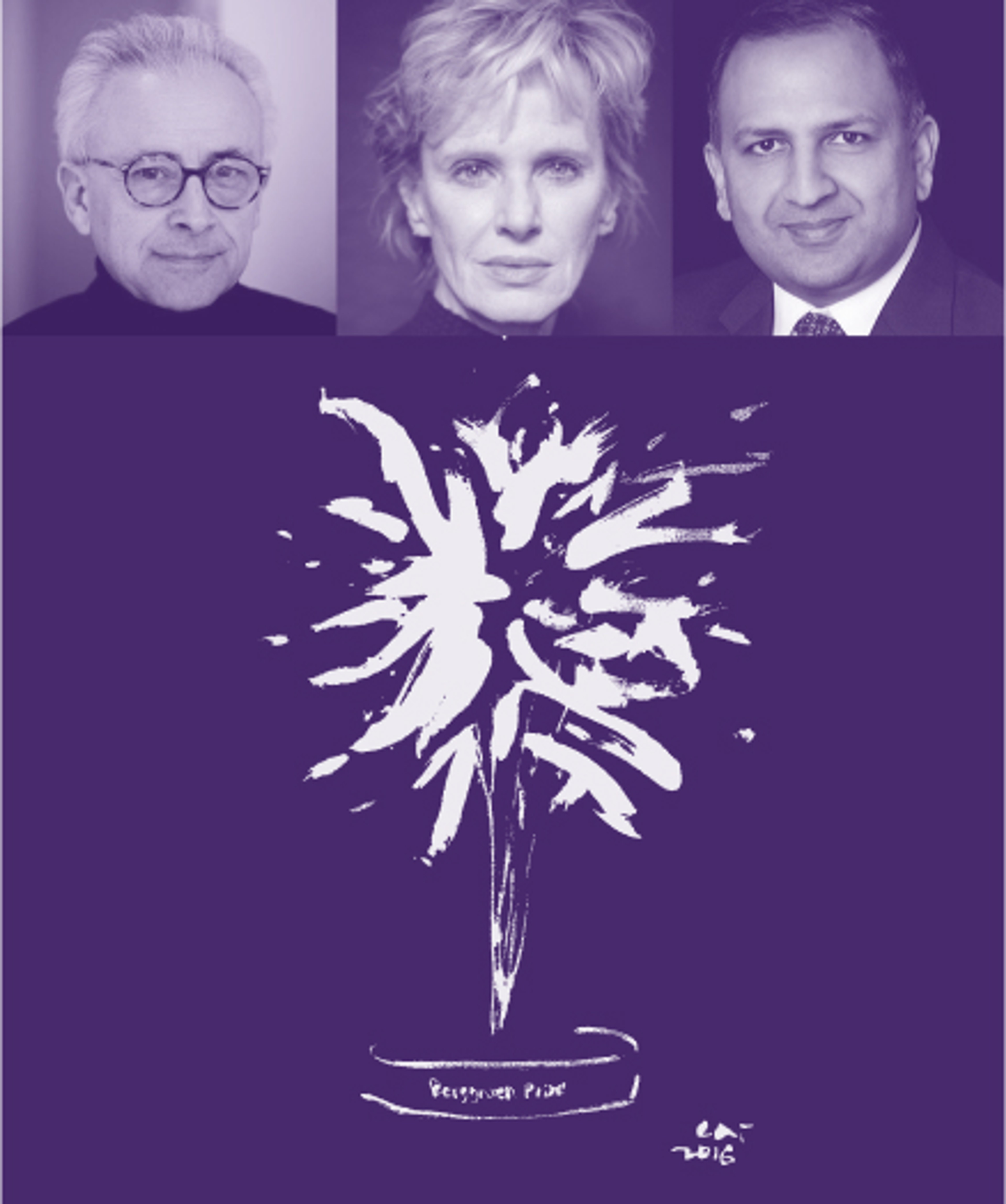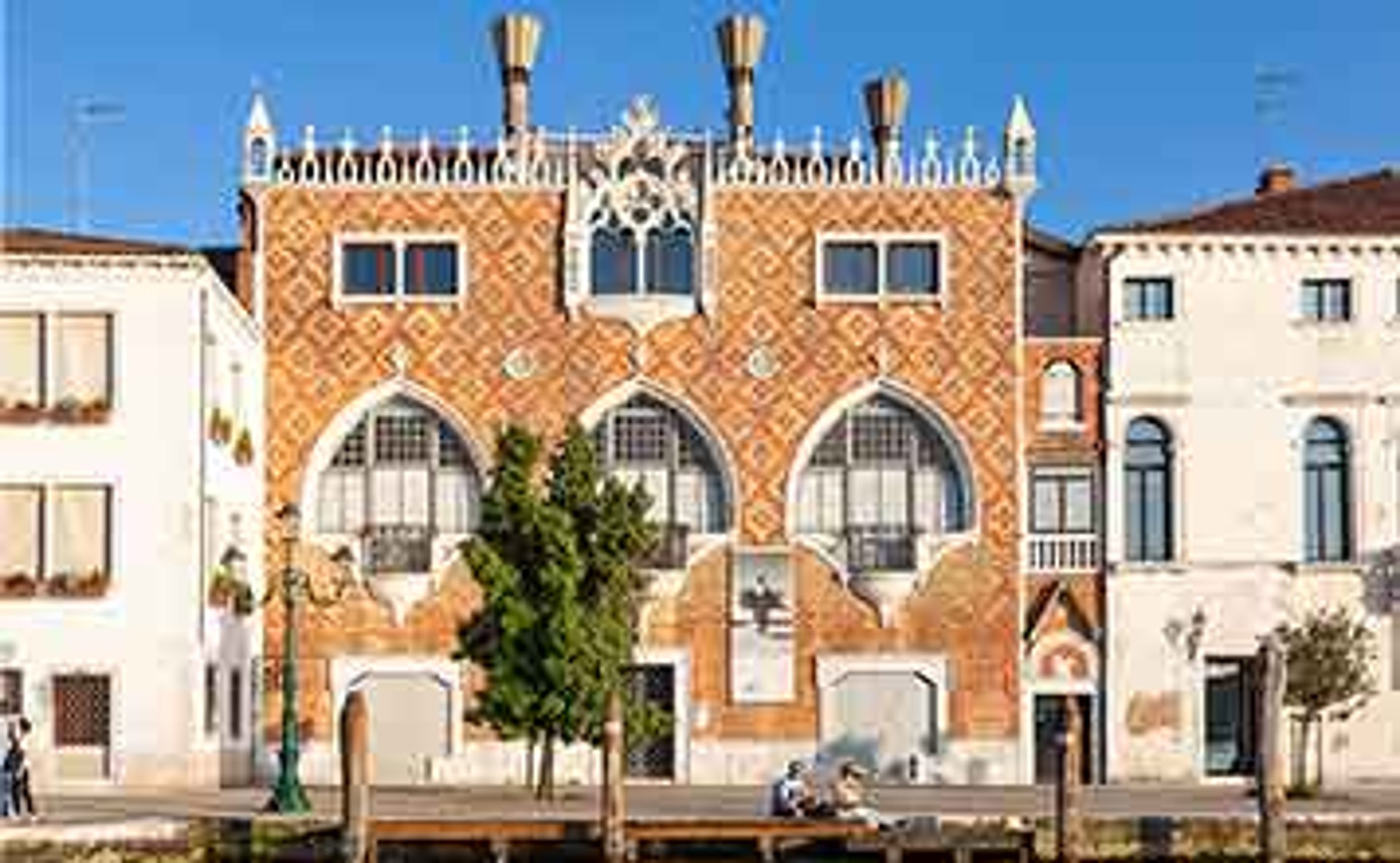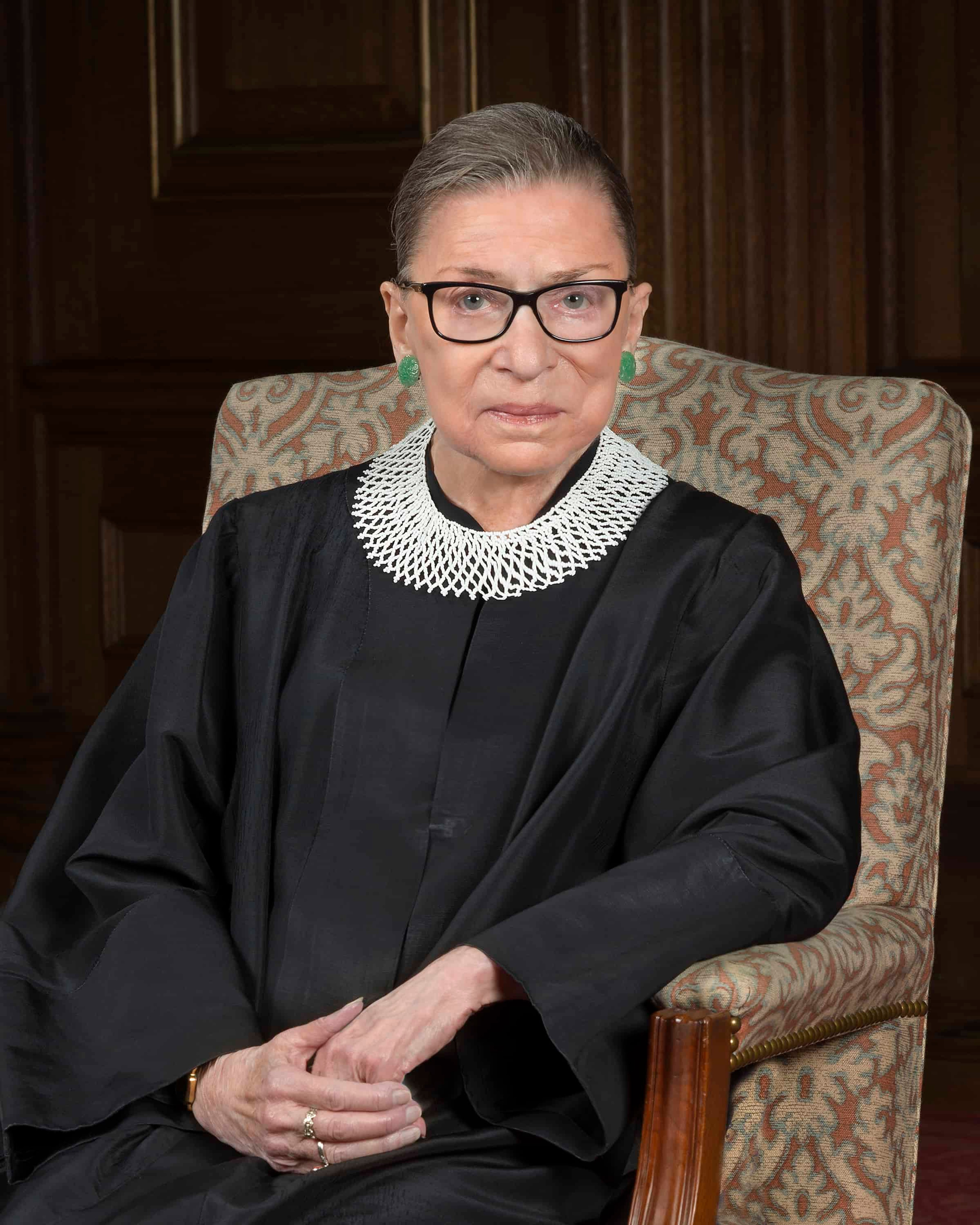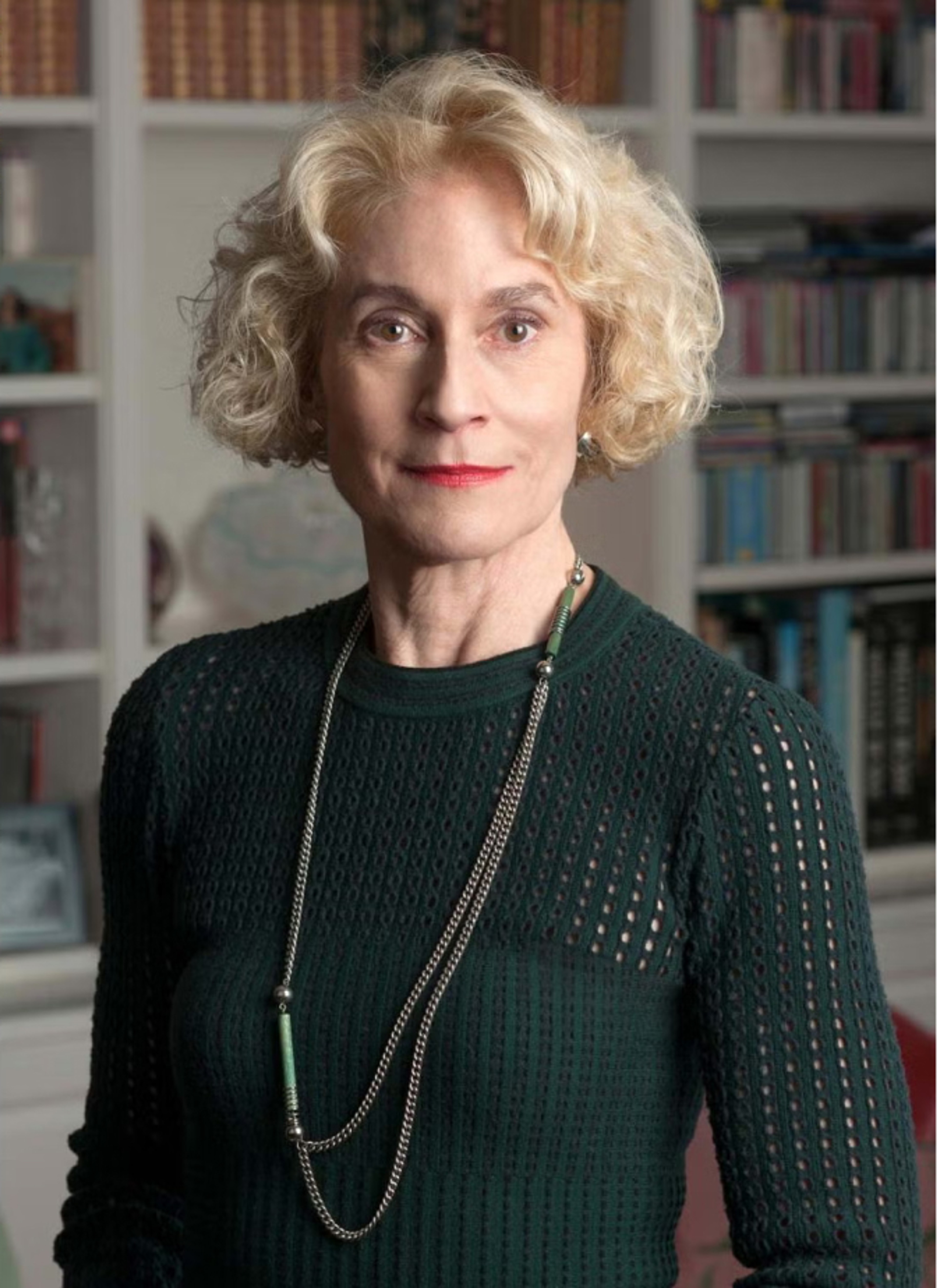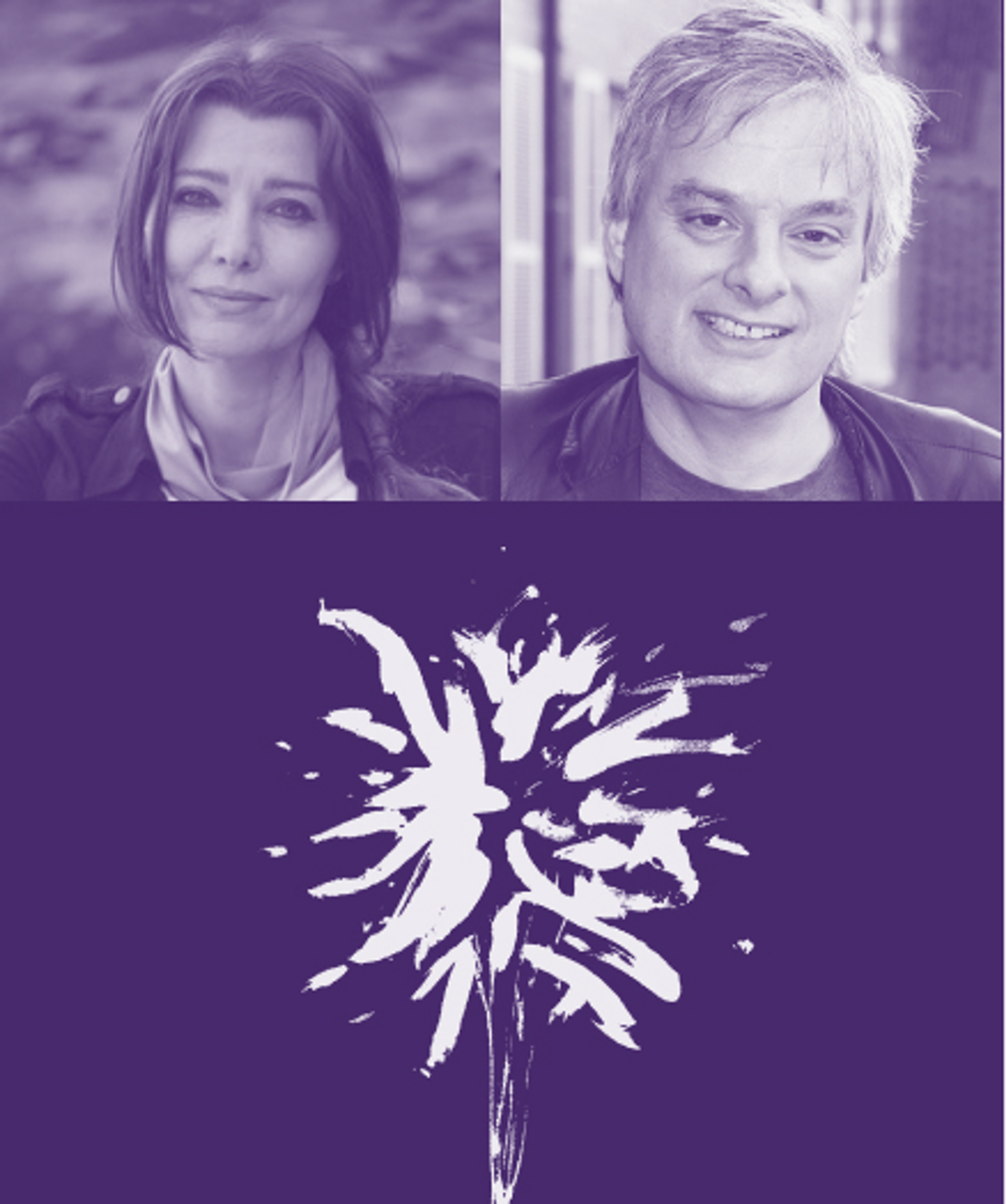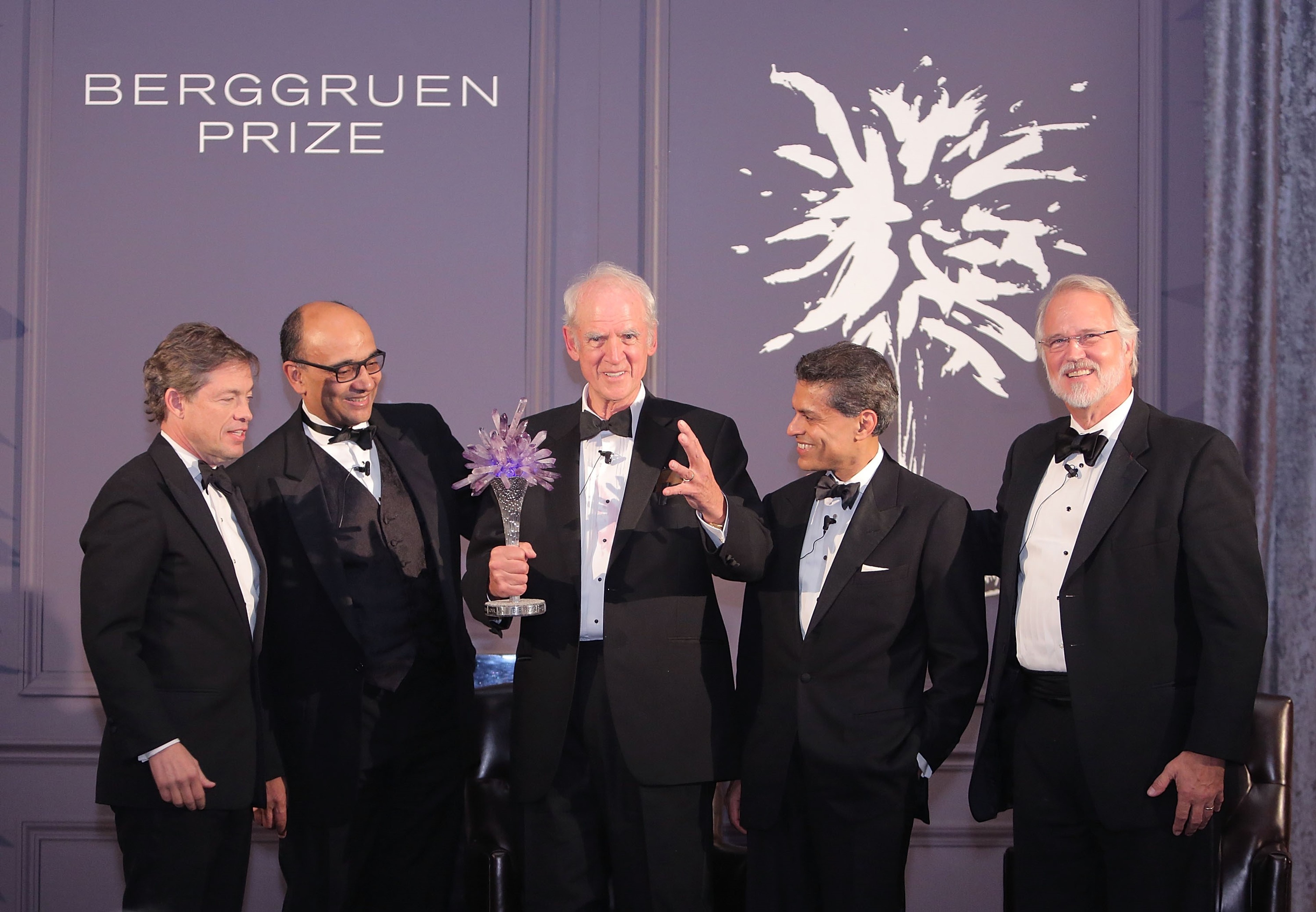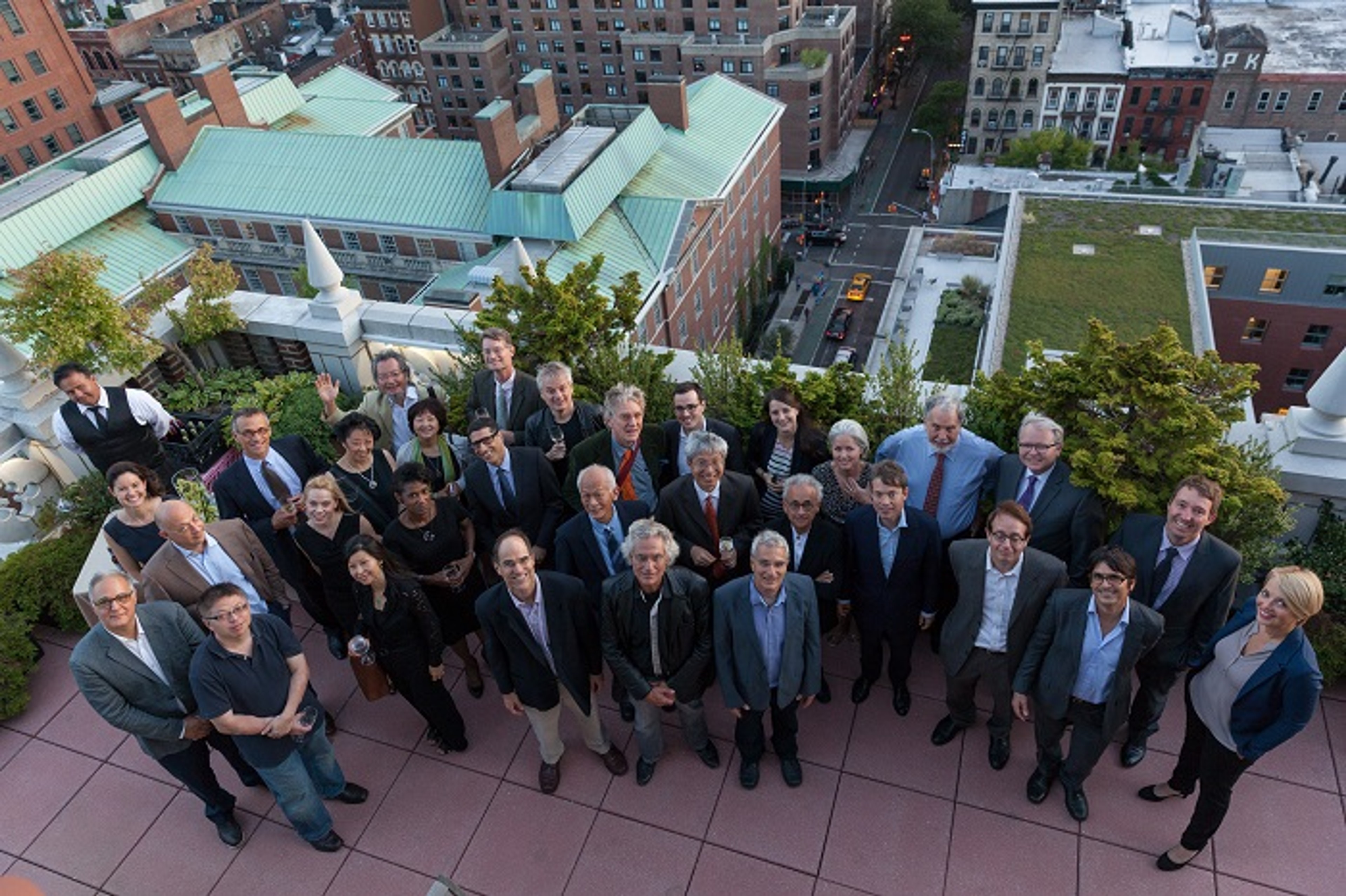$1 Million Annual Berggruen Prize for Philosophy and Culture Awarded to Citizen Philosopher Onora O’Neill
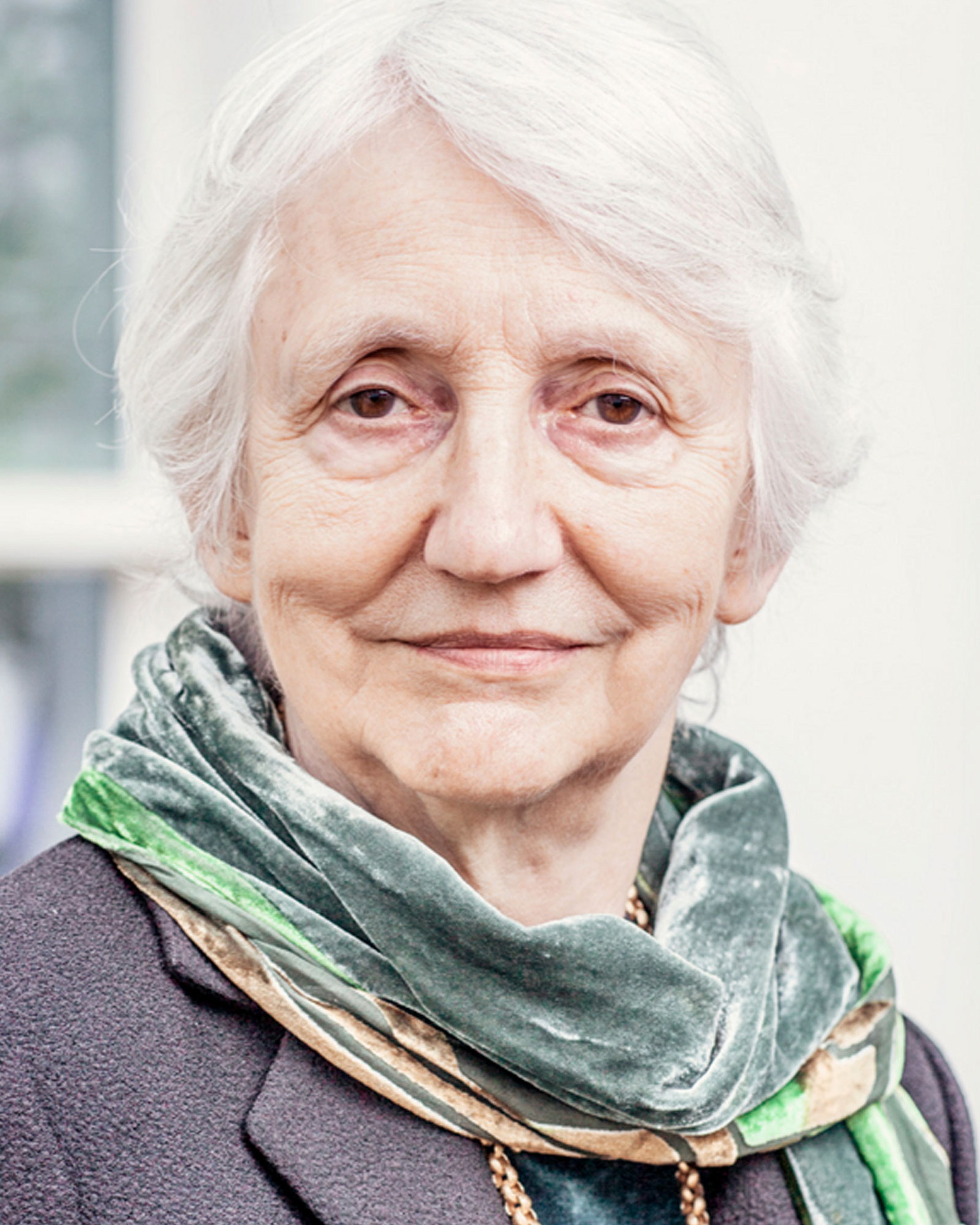
The Berggruen Prize Jury today announced its selection of Onora Sylvia O’Neill, Baroness of O’Neill of Bengarve, as the winner of the 2017 Berggruen Prize for Philosophy & Culture. The $1 million award is given annually to thinkers whose ideas have profoundly shaped human self-understanding and advancement in a rapidly changing world. One of the world’s most eminent moral philosophers, O’Neill was selected from more than 500 nominees and a shortlist of five, which included some of the world’s most renowned thinkers in fields including sociology, linguistics, contemporary Chinese philosophy, and bioethics.
“Through creative and meticulous reasoning, scholarship, and a dedication to the public interest—and the human interest—Onora O’Neill has elevated the quality of public life and improved the very vocabulary of public discourse. I am pleased that this important citizen philosopher has been awarded this year’s Berggruen Prize for Philosophy & Culture,” stated Institute Founder and Chairman Nicolas Berggruen.
Craig Calhoun, President of Berggruen Institute, said, “Onora O’Neill is a wonderful leader in both theoretical reason and putting ideas into action. For example, she has advanced medical ethics not only to avoid abuses but to manifest the values of justice and care in ways that make the whole system more trustworthy. These are core values of the Berggruen Institute and I am grateful to the jury for choosing a philosopher who exemplifies them so well. We are honored to be associated with Baroness O’Neill.”
Onora O’Neill is a cross-bench member of the House of Lords; Emeritus Professor of Philosophy at the University of Cambridge; and Fellow and Former President of the British Academy for the Humanities and Social Sciences . Her work has provided an exceptional model for combining pure theory with practical enactment. Building on and illuminating the tradition of ethical philosophy of Immanuel Kant, O’Neill has contributed important new insights to the discussion of some of the central questions of our time, from the tension between universal rights and national sovereignty to the role of interpersonal trust in enabling autonomy to the moral obligation to take action across borders to relieve famine. In deeply original and widely influential books including The Bounds of Justice, Justice Across Boundaries: Whose Obligations? and Faces of Hunger, O’Neill has transformed our understanding of major issues in political philosophy and ethics, while as Chair of the UK Equality and Human Rights Commission and the Nuffield Council on Bioethics and a member of the Human Genetics Advisory Commission, she formulated and implemented just public policies to better the human condition.
“The jury is delighted to recognize in Onora O’Neill an exemplary Berggruen laureate; someone who meets impeccably the Prize’s aim,” stated Berggruen Jury Prize Chair Kwame Anthony Appiah, “which is to honor someone whose ideas have helped us find direction, wisdom, and improved self-understanding in a world being rapidly transformed by profound social, technological, political, cultural, and economic change.”
A video statement by Onora O’Neill, the 2017 Berggruen Prize for Philosophy & Culture, is available here.
Established by philanthropist Nicolas Berggruen, the Berggruen Prize for Philosophy & Culture was first awarded in 2016 to Canadian philosopher Charles Taylor for his impact on the humanities, social sciences and public affairs in deepening understanding among different intellectual traditions and civilization.
This year’s Berggruen Prize Jury was headed by Kwame Anthony Appiah and comprised an international group of Nobel laureates, distinguished university leaders and government officials, including Leszek Borysiewicz, Antonio Damasio,Amartya Sen, Alison Simmons, Michael Spence, Wang Hui, Georg Yeo, and former Berggreuen Prize Jury member Amy Gutmann. The winner of the 2017-2018 Berggruen Prize emerged from a list of finalists from diverse fields of research. The Berggruen Institute administers the Prize and welcomes nominations of thinkers whose ideas have both intellectual depth and long-term social and practical value across nations and cultures.
The Berggruen Prize for Philosophy & Culture will be conferred in a private ceremony on December 14 at the New York Public Library. The ceremony will include tribute speeches and the presentation of the Berggruen Prize trophy, an artwork commissioned by Nicolas Berggruen and designed by internationally acclaimed artist Cai Guo-Qiang.

